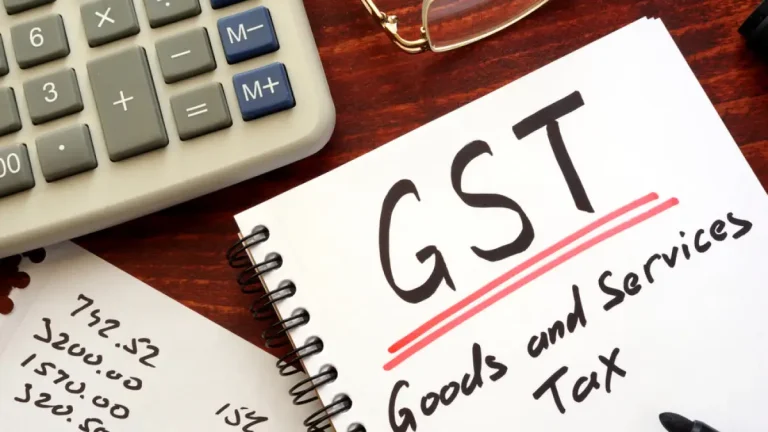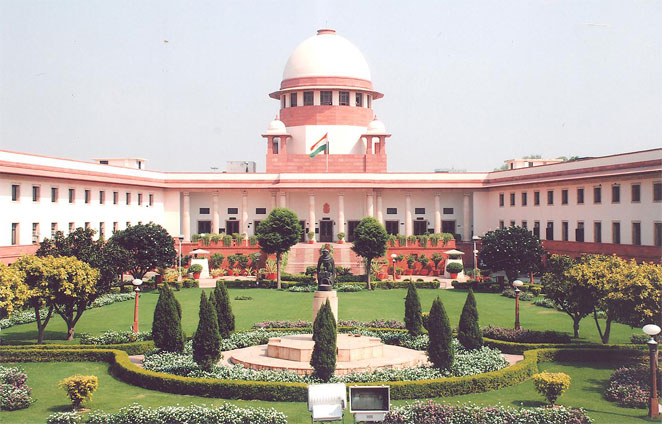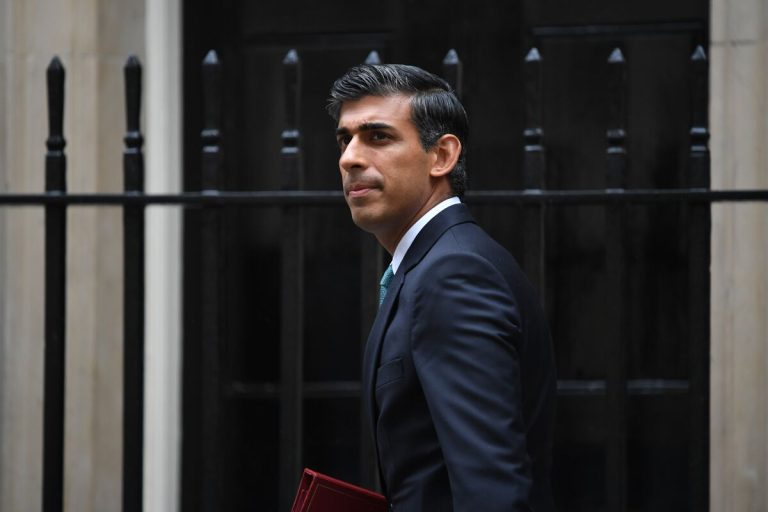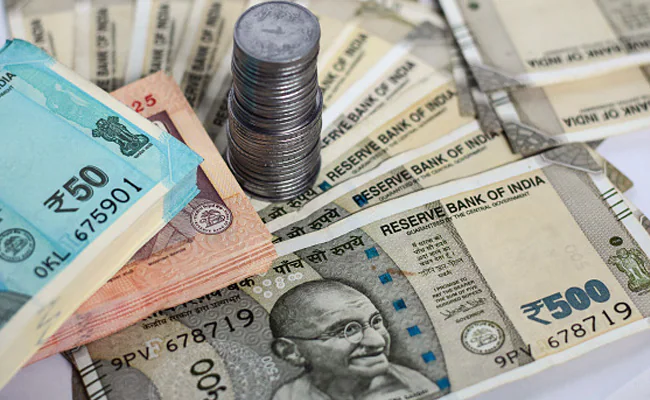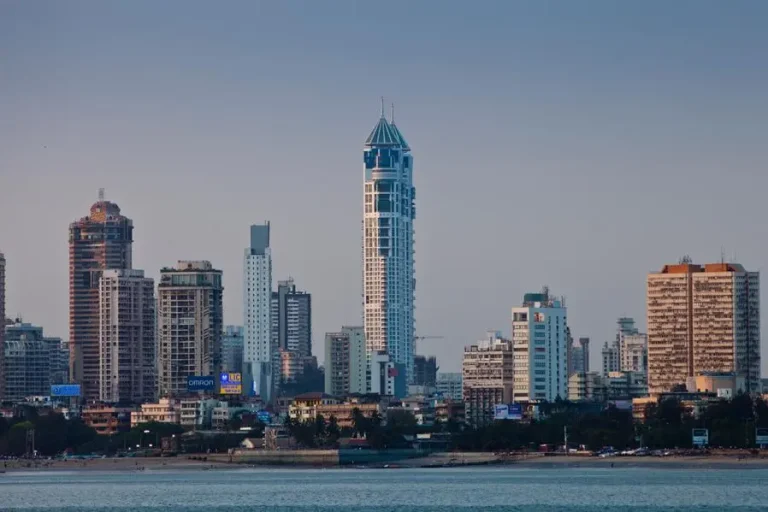New Delhi: The Ministry of Finance revealed this week that the government is grappling with a concerning trend in Goods and Services Tax (GST) evasion, with detection rates soaring annually but recoveries failing to match the pace. Particularly alarming is the revelation that Maharashtra has emerged as the epicenter of this evasion, contributing disproportionately both in absolute terms and relative to the state’s share in tax collections.
In a parliamentary update, the Ministry disclosed a staggering increase in the amount of GST evasion identified each year. The most recent data, presented to the Rajya Sabha, paints a disconcerting picture. In the fiscal year 2022-23, the government detected a massive ₹ 1.3 lakh crore in GST evasion, more than triple the amount detected in 2019-20. However, the recovery efforts fell significantly short, managing to recoup only about 25 percent of the evaded sum. This means that a substantial 75 percent of the detected evasion in 2022-23 remains unrecovered.
Even more alarming is the current financial year’s data, with the government detecting a whopping ₹ 1.5 lakh crore of GST evasion in the initial seven months (April-October 2023). Despite this alarming figure, the recovery efforts have only yielded a meager 12 percent of the evaded amount, raising concerns about the effectiveness of the current recovery mechanisms.
What stands out in this worrying scenario is the pronounced role of Maharashtra in the GST evasion landscape. The state not only leads in absolute terms, with a significant share of the detected evasion, but also in relative terms, considering its contribution to overall tax collections. The Ministry’s data highlights Maharashtra as a critical focal point in the battle against GST evasion, necessitating targeted interventions and enhanced scrutiny.
The government’s commitment to addressing this issue is underscored by its disclosure of these figures, prompting calls for a comprehensive review of the existing mechanisms for detection and recovery. As GST evasion continues to escalate, there is an urgent need for a strategic and efficient approach to curb these practices and ensure that recoveries align with the growing detection rates. The government’s ability to plug the leakage in tax revenue, particularly in states like Maharashtra, will be pivotal in maintaining the integrity of the GST system and fostering a fair and transparent taxation environment.


